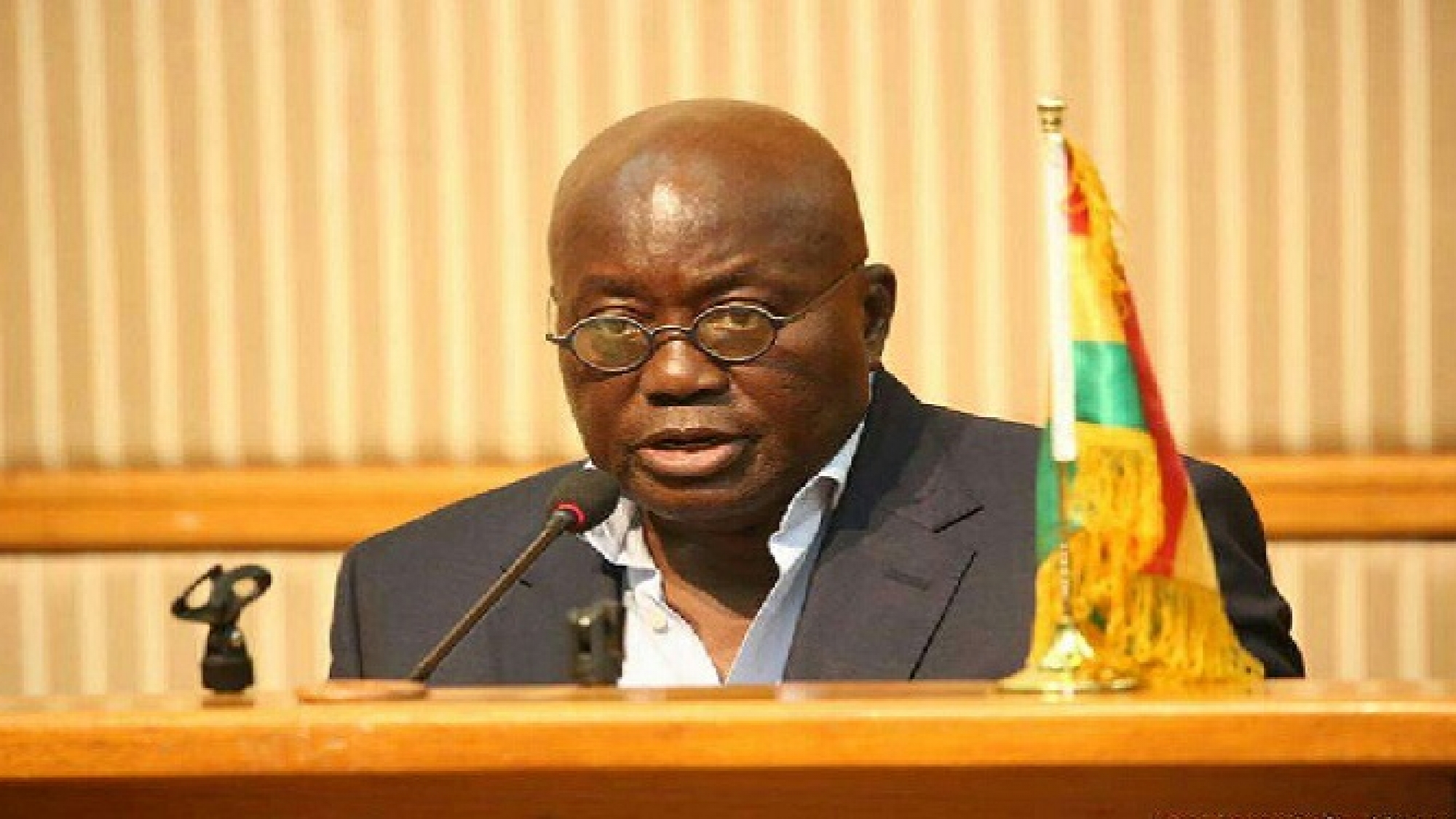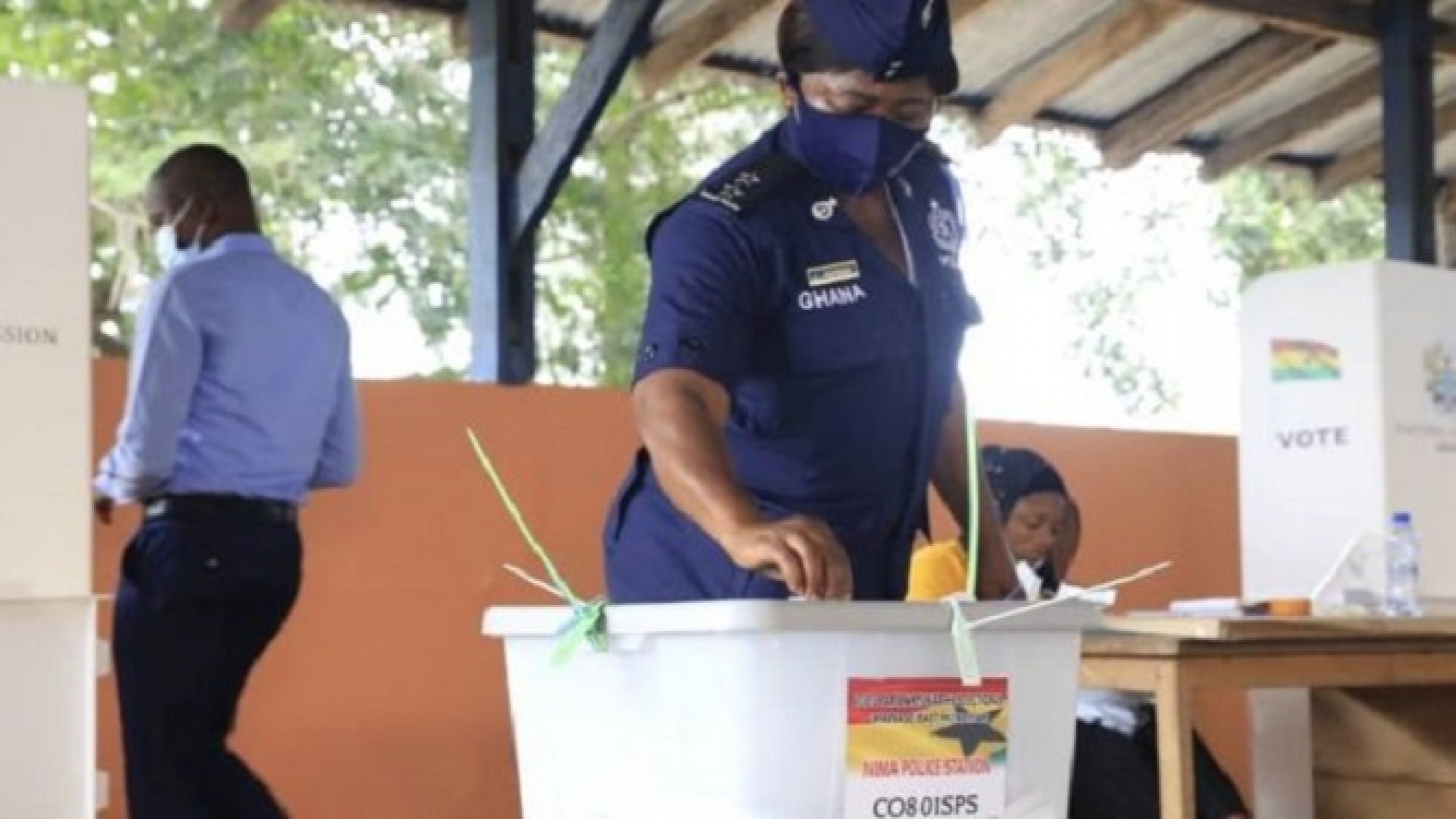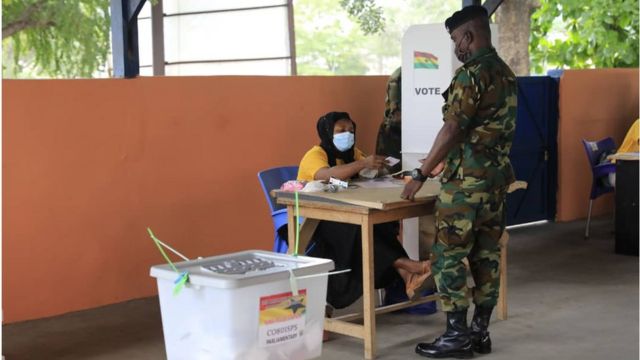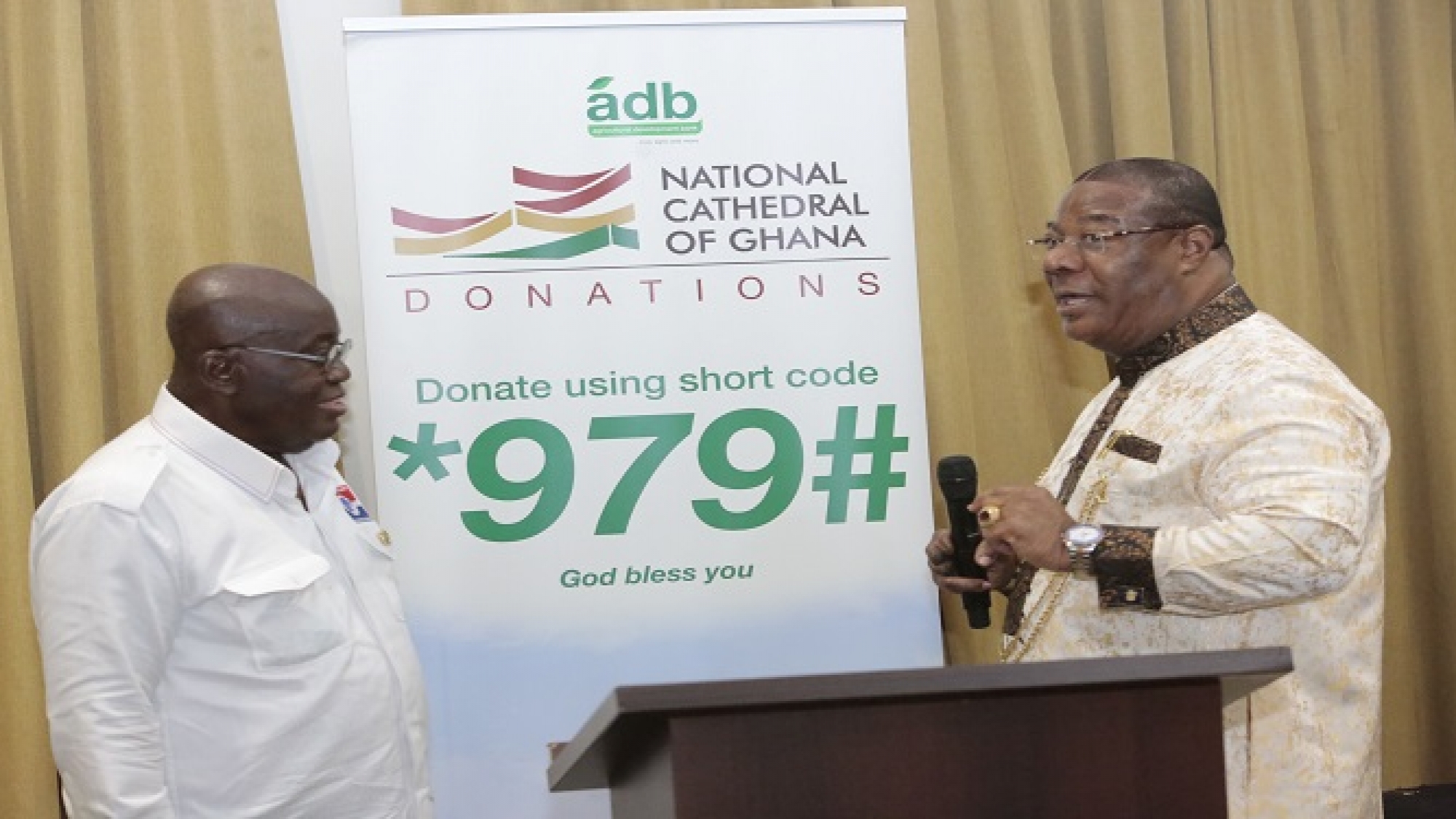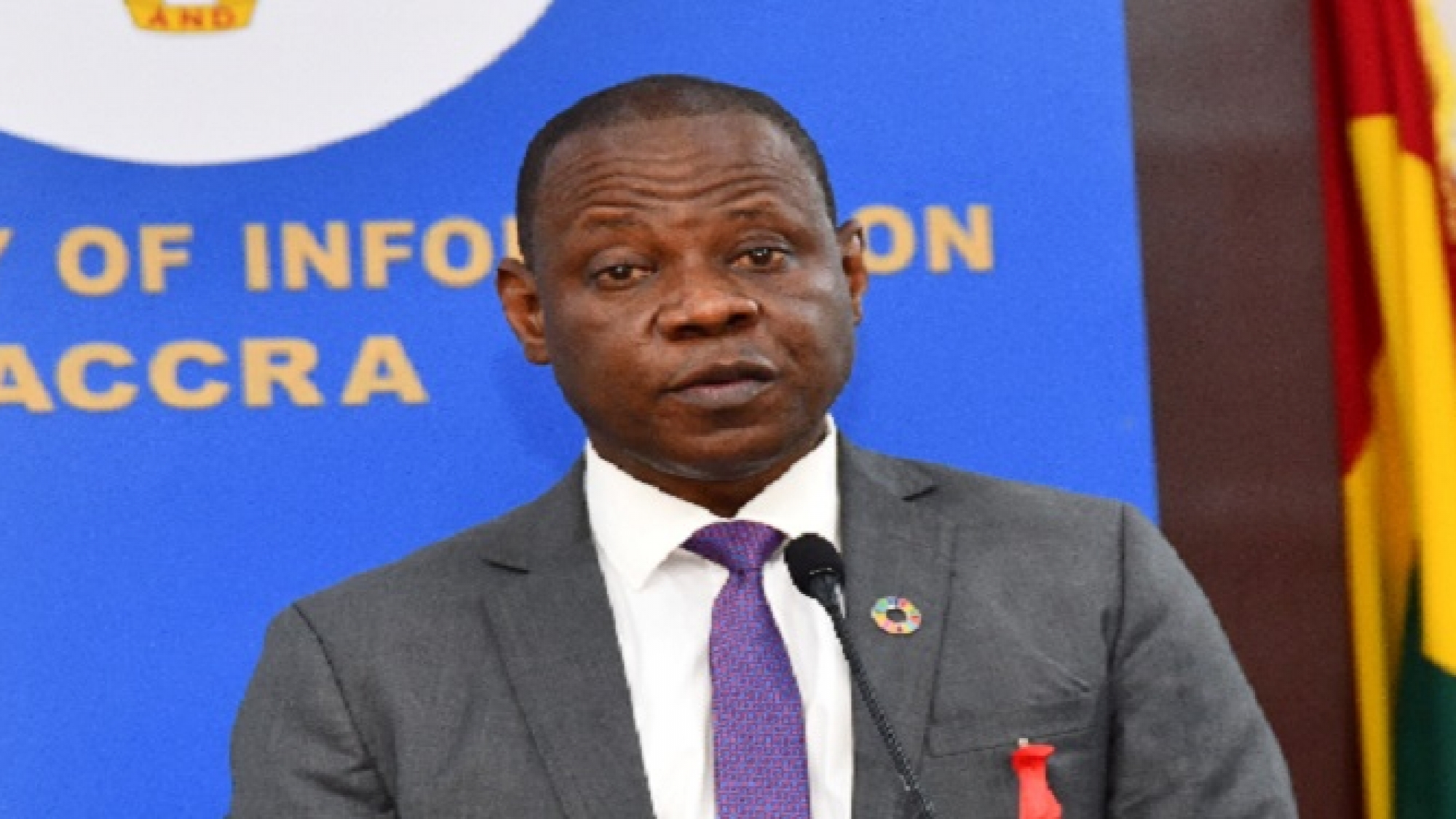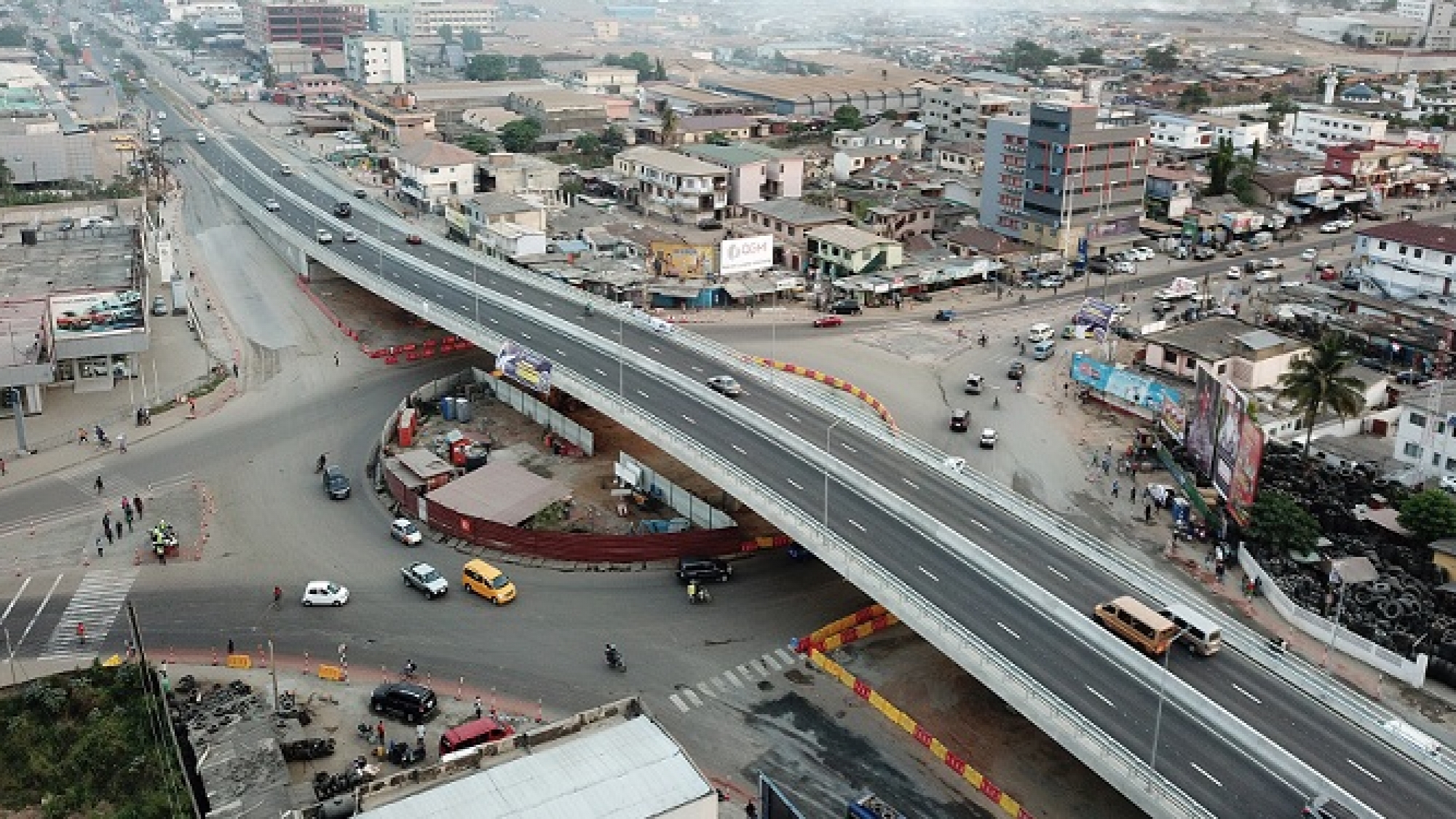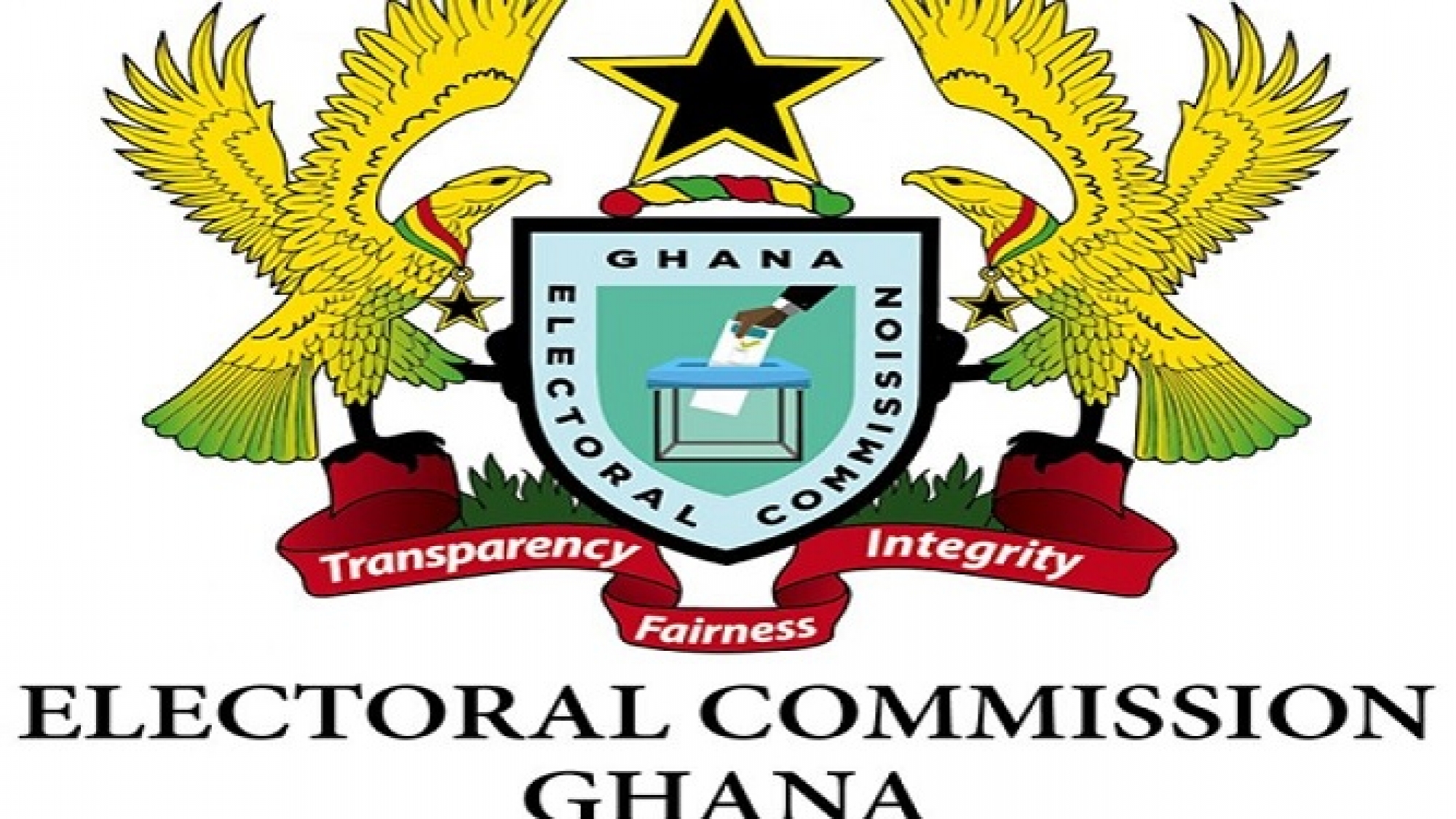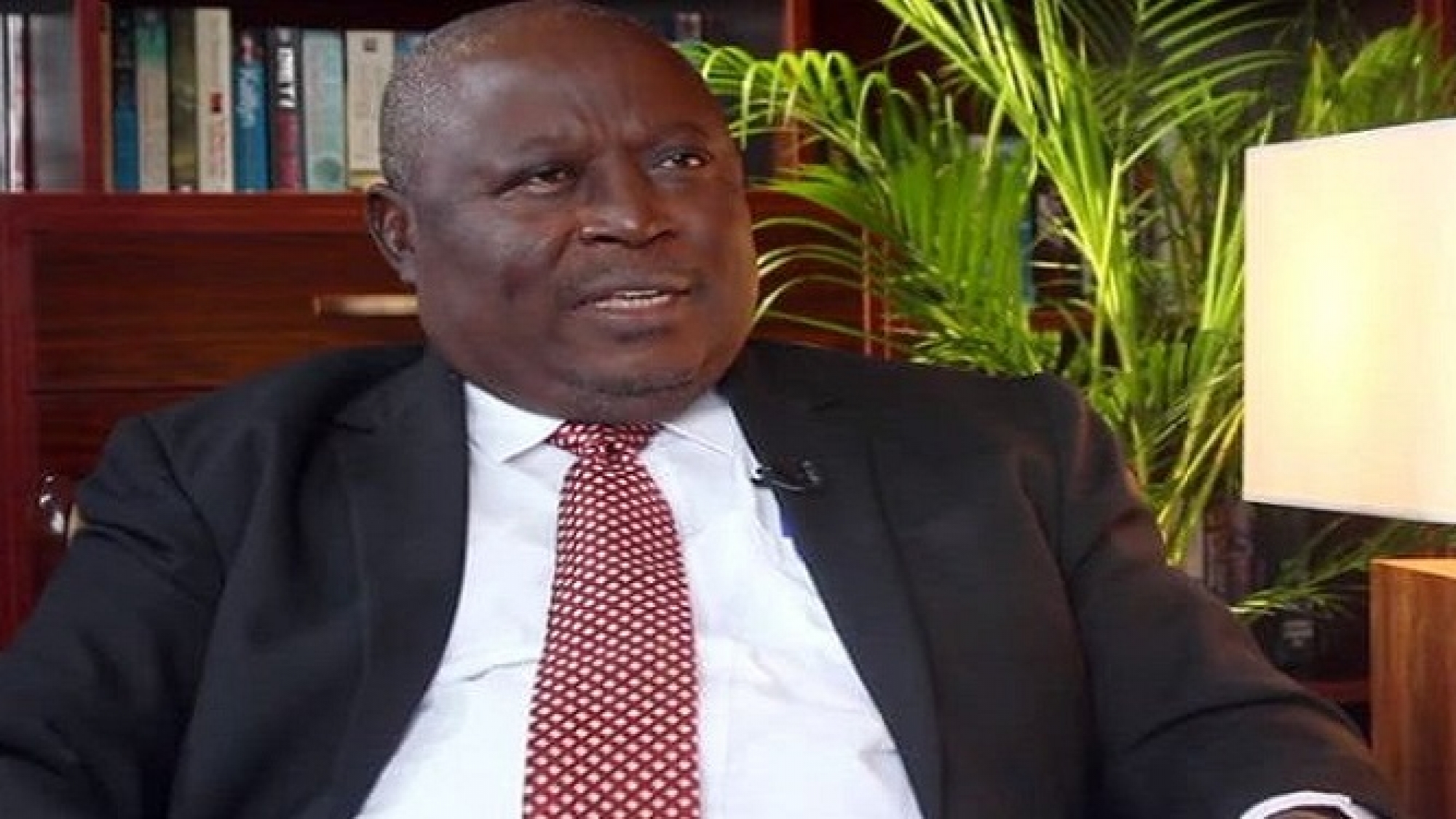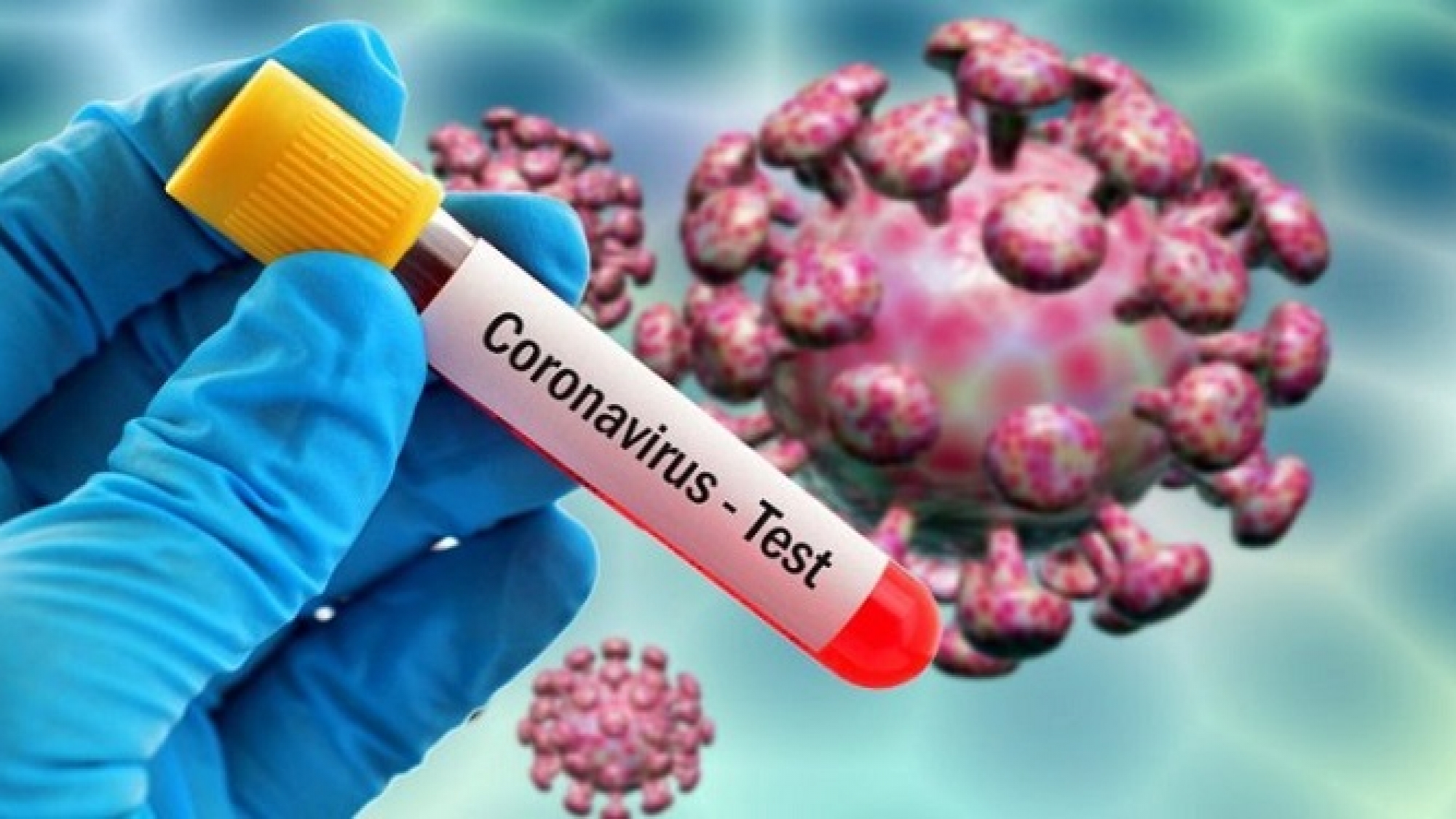He was appointed to lead the fight against corruption for seven years, but nearly three years after he had been sworn into office, the Special Prosecutor (SP), Mr Martin Alamisi Burns Kaiser Amidu, has resigned.
Mr Amidu cited what he described as “political interference in the independence of his office” as the main reason for his decision to resign.
Additionally, he said, his office was given inadequate staff who were mostly on secondment, a situation that made it nearly impossible for his outfit to effectively carry out its functions.
In a letter dated yesterday and addressed to President Nana Addo Dankwa Akufo-Addo, Mr Amidu said his position had become ‘untenable’, especially with regard to the corruption risk assessment he conducted on the Gold Royalties Monetisation Transaction arrangement, popularly referred to as the Agyapa Deal.
He alleged that the reaction he got from the Presidency on the corruption risk assessment was the final push that led to his resignation.
Alleged political interference
Mr Amidu accused President Akufo-Addo of trying to direct him on how to proceed with the corruption risk assessment the Office of the Special Prosecutor (OSP) had conducted on the Agyapa Deal.
According to him, President Akufo-Addo had allegedly tried to convince him to take the response of the Finance Minister to the corruption risk assessment, which he refused, saying “that would have compromised my independence as the SP.”
Again, Mr Amidu said he refused to shelve the report after the President had allegedly told him to do so to enable him (the President) to “handle the matter.”
“It thus became abundantly clear to me that I cannot continue under your government as the SP in the performance of the functions of my office in preventing and fighting corruption and corruption-related offences.
“The 64-page analysis of corruption and anti-corruption assessment report disclosed several corruption and corruption-related offences in respect of which I intended to open full investigations as the SP. I cannot do that now after your political interference in the performance of the functions of the office for two weeks, from October 20 to November 1, this year,” the letter alleged.
Inadequate staff
Mr Amidu further stated in the letter that his resignation was also premised on the limited number of staff sent to his outfit.
“The compulsion to use a limited number of seconded staff in a three-bedroom and boys’ quarters accommodation undermined the achievement of the objects of the office and my undertaking on oath before Parliament.
“One cannot seriously continue to prevent and fight corruption by depending on seconded staff of a two-year duration who are looking forward to and/or over their shoulders to returning to their main employers, who consequently may have more influence over them than the SP under whom they are supposed to work,” it added.
Was it expected?
Mr Amidu was sworn into office by President Akufo-Addo on February 23, 2018, after he had been duly vetted and approved by Parliament.
That followed the passage of the Office of the Special Prosecutor (OSP) Act, 2017 (Act 959), which gave the OSP investigative and prosecutorial powers to fight, prevent and prosecute acts of corruption and corruption-related offences.
Per Act 959, the SP is supposed to hold office for a seven-year non-renewable term.
Amidu’s appointment was heralded as a major boost in the fight against corruption.
The setting up of the OSP was one of the key campaign promises made by then candidate Akufo-Addo ahead of his electoral victory in 2016 and it is aimed at tackling corruption much more vigorously.
After all, it was Mr Amidu, popularly known as ‘Citizen Vigilante’, who had risked his political career with his seemingly anti-corruption stance.
It was also the same Mr Amidu who, singlehandedly, fought all the way to the Supreme Court to have the state get back the GH¢51.2 million judgement debt that was unconstitutionally paid to the businessman Alfred Agbesi Woyome.
After he had assumed office as the SP, he went into the background, ostensibly doing his work to fight corruption.
He soon faded from the public scene, with many complaining that they could not feel his presence, while others even accused him of not doing enough to fight corruption.
Mr Amidu resorted to issuing statements, complaining about the lack of tools and staff to effectively discharge his duties.
He went into oblivion but resurfaced in November this year with a bang with the release of his corruption risk assessment on the Agyapa Deal.
Signs of his resignation were clearly on the wall as he continued to barrage the deal with frequent responses to statements released by the government about the deal after his assessment was made public.
Brouhaha over his appointment
Mr Amidu’s appointment had not been smooth sailing but fraught with controversies.
A notable one was the legal action at the Supreme Court challenging his eligibility to be the SP on the basis of his age.
The suit was filed by Dr Dominic Akuritinga Ayine, a former Deputy Attorney-General and National Democratic Congress (NDC) MP for Bolgatanga East, who argued that Mr Amidu was 66 years at the time he was appointed and, therefore, constitutionally barred from holding any public office, such as the SP.
However, in May this year, the Supreme Court, in a 5-2 majority decision, dismissed the suit.
The apex court held that Mr Amidu was eligible to be the SP because his office could not be equated to the Public Service, which is caught by the retirement age of 60, as prescribed under articles 190, 195 and 199 of the 1992 Constitution.
More About Martin Amidu
Mr Amidu was the Attorney-General and Minister of Justice from January 2011 to January 2012 under the late President John Evans Atta Mills.
A member of the NDC, he had also served as the Deputy Attorney-General for about the last four years of the Provisional National Defence Council (PNDC) government.
After civilian rule was established in the Fourth Republic in January 1993, he continued to serve in the government of Jerry John Rawlings as Deputy Attorney-General. That he did for both terms, lasting eight years, until January 2001.
In the December 2000 presidential election, he partnered Prof. Mills as running mate, losing to Mr John Agyekum Kufuor that year.
In January 2010, following a Cabinet reshuffle, President Mills replaced Mr Cletus Avoka with Mr Amidu as the Minister for the Interior.
Following the second major Cabinet reshuffle, Mr Amidu became the Attorney-General and Minister of Justice.
He was, however, relieved of his post on Thursday, January 19, 2012 by President Mills under circumstances described by Presidential aides as “his misconduct” at a meeting chaired by the President at the Osu Castle on January 18, 2012.
Source: Graphic.com.gh







